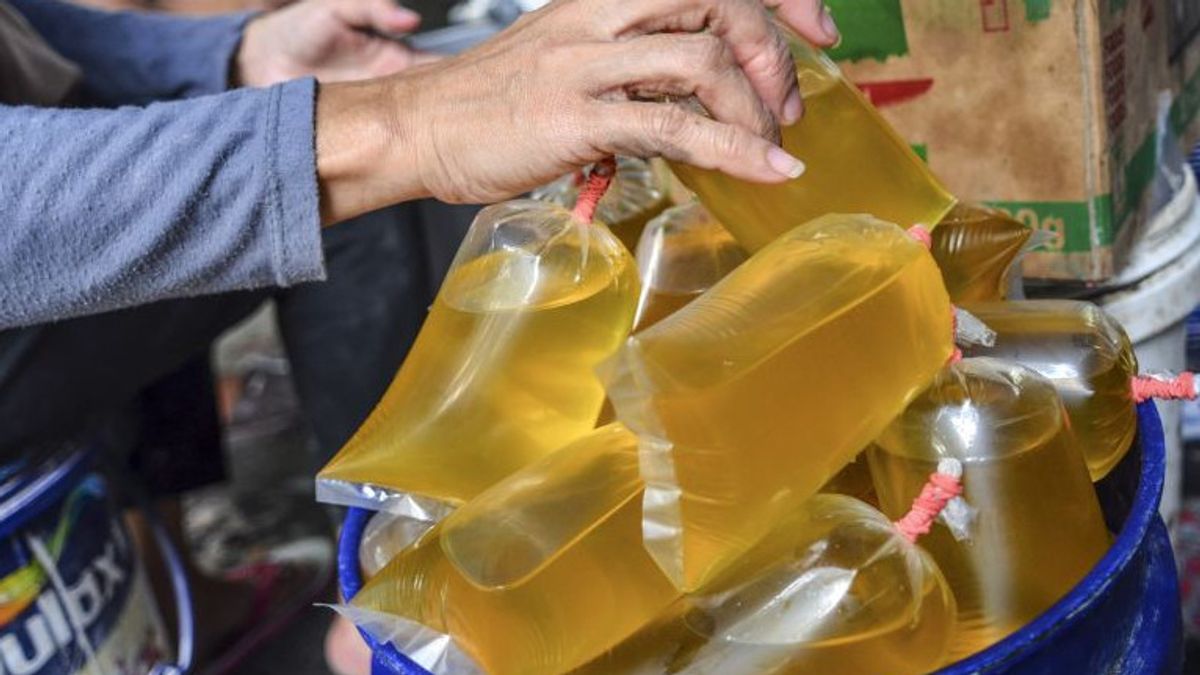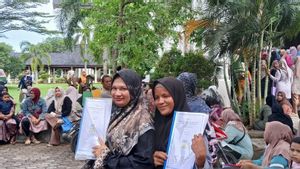JAKARTA - The Ombudsman of the Republic of Indonesia in the Final Report on Examination Results (LAHP) related to the practice of maladministration in the provision and stabilization of cooking oil recommends that the government revoke the DMO (domestic market obligation) policy of cooking oil.
RI Ombudsman, Yeka Hendra Fatika, in his statement said that the implementation of the DMO carried out by business actors was only focused on distributing cooking oil to areas that were geographically closer to their domicile or supply chain.
Yeka also said that the current DMO rules also have an impact on hampering the process of issuing export approval for business actors.
"The government needs to formulate DMO policies, as well as conduct comprehensive assessments of the formation of special organizations or agencies in charge of Twitter," Yeka said, as quoted by Antara, Wednesday, September 14.
In addition, the Ombudsman also recommended that the Minister of Trade carry out a reformulation of the guarantee policy for the availability and stabilization of cooking oil prices.
In the investigation into the initiative itself carried out by the Indonesian Ombudsman on allegations of maladministration in the provision and stabilization of cooking oil prices, Yeka said that many regulations issued in a short time were unable to overcome the problem of cooking oil.
"This indicates that the planning and drafting process for regulations is not carried out in accordance with the rules for drafting laws and regulations," he said.
The Indonesian Ombudsman also concluded that the highest retail price (HET) of cooking oil or bulk cooking oil did not work in several areas due to distribution and logistics systems that were constrained by geographical conditions, as well as the high disparity in the price of bulk cooking oil with premium cooking oil.
He assessed that the government needed to improve the optimization of the availability and affordability of cooking oil commodities throughout Indonesia.
The Ombudsman also believes that the government is negligent in implementing cooking oil commodity control and management, where the stock of CPO is controlled by the private sector. The Ombudsman suggested that the government have a dynamic stock of cooking oil commodities, or National Cooking Oil Reserves such as Government Rice Reserves.
The English, Chinese, Japanese, Arabic, and French versions are automatically generated by the AI. So there may still be inaccuracies in translating, please always see Indonesian as our main language. (system supported by DigitalSiber.id)
Most Popular Tags
#Prabowo Subianto #New Year #airplane accident #Hasto Kristiyanto #nataru #squid game 2Popular
31 Desember 2024, 09:10













